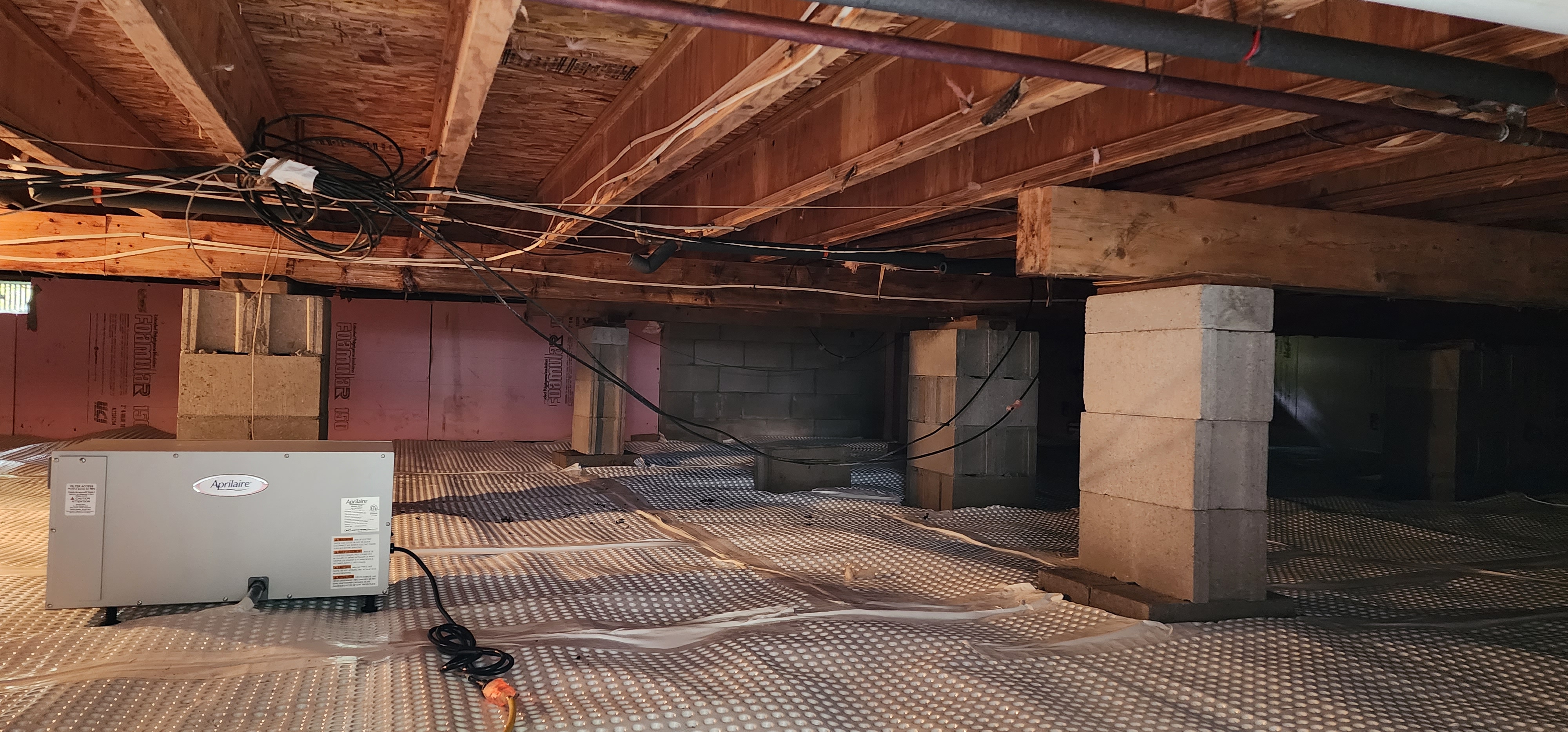Crawlspace Encapsulation: Protect Your Frankfort Home from Moisture and Mold
Posted on November 5, 2025

Homeowners in Frankfort, Michigan, know that the local climate can bring unpredictable weather, leading to potential moisture problems in their crawlspaces. These hidden yet crucial spaces in our homes often go unnoticed until significant issues like mold growth or structural damage arise. This is where crawlspace encapsulation comes into play - a revolutionary solution for maintaining a healthy and valuable home environment.
What is Crawlspace Encapsulation?
Crawlspace encapsulation is the process of sealing off a crawlspace to protect it against external weather conditions, pests, and moisture. By installing a vapor barrier along with dehumidifiers, homeowners can improve air quality, stave off mold growth, and even boost the energy efficiency of their homes. For homeowners in Frankfort, this can be a major concern, especially during the wet and snowy seasons.
The encapsulation process involves professional installation of heavy-duty liners for floors and walls, effectively sealing out moisture and preventing damage. This not only protects the integrity of your foundation but also helps in reducing energy bills as a well-sealed crawlspace cuts down on heat loss.
Our teams are always ready to help residents of the greater Frankfort area with our professional services in Frankfort. Whether you're dealing with existing moisture issues or looking to prevent future ones, our expert technicians can assess your home's needs and recommend the best encapsulation strategy.
In the picturesque surroundings of Frankfort, safeguarding your home doesn’t just mean protection against the weather. It ensures your family's comfort and health by maintaining a mold-free and energy-efficient environment. Trust the experts to provide the necessary solutions that will keep your home safe for years to come.
